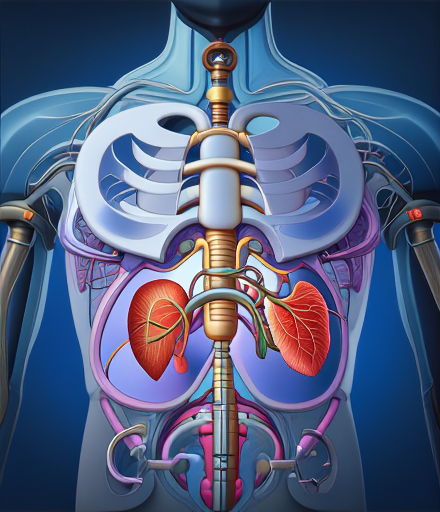Kidney disease is a silent yet life-threatening condition affecting nearly 37 million people in the United States. Alarmingly, symptoms often don’t appear until up to 90% of kidney function has already been lost. By the time symptoms become noticeable, the damage may be severe.

The key to managing kidney disease lies in recognizing the early warning signs and seeking timely medical intervention. Here are 13 critical symptoms of kidney failure you should never ignore:
1. Fatigue and Weakness The kidneys play a crucial role in filtering waste and balancing hormones. When they fail, toxins accumulate in the bloodstream, causing fatigue and weakness. Additionally, reduced erythropoietin production (a hormone responsible for red blood cell formation) can result in anemia, further intensifying tiredness. While fatigue can stem from other factors like poor sleep or diet, persistent exhaustion warrants a medical evaluation.
2. Foamy Urine Excessive foam in urine can indicate protein leakage, a condition known as proteinuria. Essential proteins are retained by healthy kidneys but can leak out of damaged kidneys into urine. Though foamy urine isn’t always a sign of kidney disease (it can also result from high urine flow), persistent foam accompanied by other symptoms requires medical attention.
3. High Blood Pressure The kidneys regulate blood pressure by managing fluid and electrolyte balance. Kidney dysfunction disrupts this regulation, leading to elevated blood pressure, which in turn can further damage the kidneys. This vicious cycle highlights the importance of monitoring blood pressure as part of kidney health.
4. Shortness of Breath Kidney failure can cause fluid retention in the lungs and anemia, both of which contribute to shortness of breath. Furthermore, the buildup of toxins, such as urea, can exacerbate respiratory discomfort. If you frequently experience breathlessness, consult your healthcare provider.
5. Persistent Bad Breath A foul, ammonia-like odor on the breath is often associated with kidney failure. This occurs when waste products build up in the bloodstream and affect the mouth. Bad breath may indicate renal problems if it doesn’t go away even with proper dental care.
6. Difficulty Concentrating Toxin accumulation in the bloodstream can impair cognitive function, making it difficult to focus or think clearly. This “brain fog” is often a result of the kidneys’ inability to filter waste effectively.
7. Difficulty Sleeping Hormonal imbalances and toxin buildup from kidney failure can disrupt sleep patterns. Many patients also suffer from sleep apnea, a condition where breathing repeatedly stops during sleep. If you’re struggling with insomnia or disrupted sleep, it’s worth discussing with your doctor.
8. Nausea and Vomiting When kidneys fail, waste products like urea build up in the blood, causing nausea and vomiting. This symptom can also be linked to electrolyte imbalances and gastrointestinal distress associated with kidney dysfunction.
9. Itchy Skin Uremic toxins and imbalanced electrolytes can cause severe itching, known as uremic pruritus. This persistent itchiness often occurs without a visible rash and can significantly impact quality of life.
10. Muscle Cramps Electrolyte imbalances, particularly with potassium, calcium, and phosphorus, can trigger painful muscle cramps. Additionally, dehydration and toxin buildup contribute to this symptom.
11. Swelling in Legs, Ankles, and Feet Fluid retention caused by poor kidney function often results in swelling, especially in the lower extremities. If you notice persistent swelling, it’s essential to seek medical advice.

12. Frequent Urination Increased or frequent urination, especially at night, can be a sign of kidney disease. Damaged kidney filters may cause changes in urine output, signaling potential dysfunction.
13. Pain in the Kidney Area Pain in the lower back or sides, just below the ribcage, may indicate kidney issues. This pain could stem from kidney infections, stones, or inflammation. Persistent or severe pain requires immediate medical evaluation.
Take Action Early If you notice any of these symptoms, don’t panic—but don’t ignore them either. Early detection and treatment are crucial to slowing the progression of kidney disease and preventing further damage. Your kidneys are vital organs, and their health directly impacts your overall well-being. Prioritize regular checkups, maintain a balanced diet, stay hydrated, and monitor your blood pressure to keep your kidneys functioning optimally.
